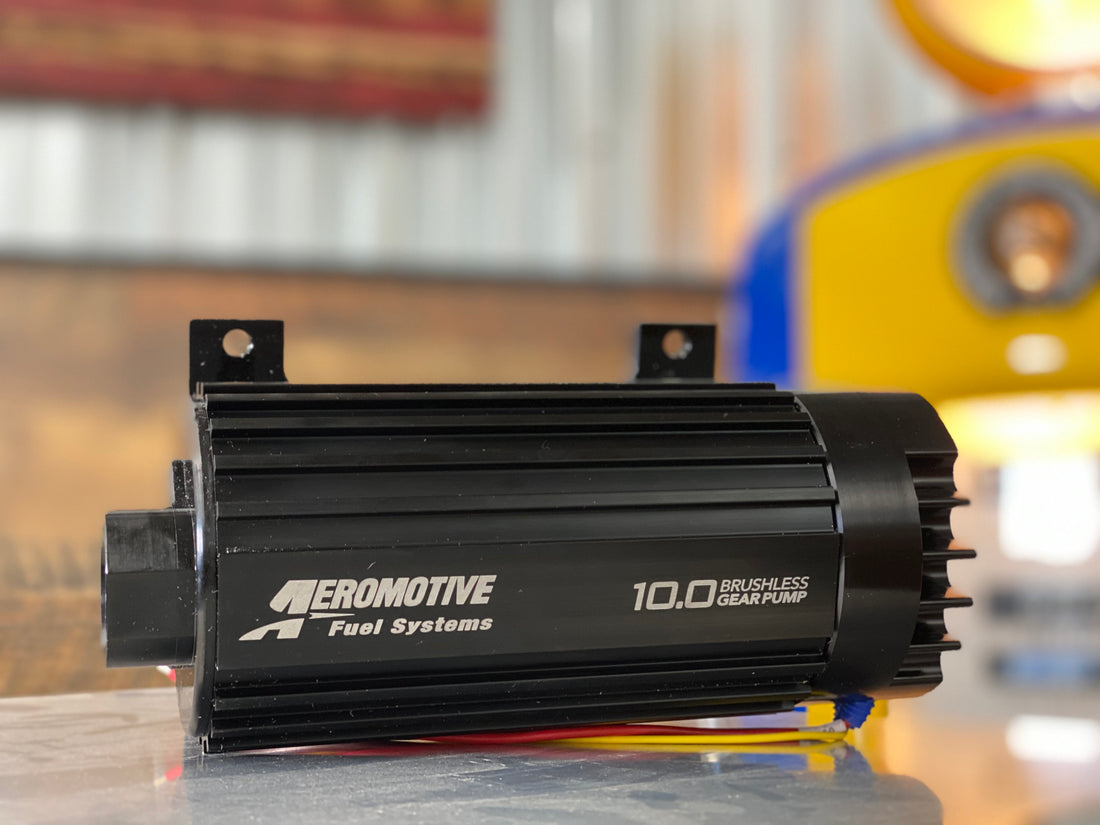3 Tips to Making Your Electric Fuel Pump Quieter
How loud is loud? That is kind of along the same lines of saying how hot of water can you tolerate from the sink? Everyone has a different tolerance for noise and sound. Some of us may have grown up around open header Big Blocks in a garage and it just simply isn't an issue (ha!).
Before we get into the tips on how to quiet things down, lets talk about some common reasons why ANY brand fuel pump may be loud.
- Reverberation: Mounting a pump to sheet metal which might only have a few spot welds is much different than to a very solid frame. On the same note if the sheet metal goes into an open cavity it can create a sound box of sorts.
- Sound deadening: An all out race car stripped of all sound deadening material might be different than a factory car.
- Is it being loud a new thing? Sometimes when a pump starts working harder due to clogged filters (or becoming more clogged gradually) as well as a small or damaged power wire may elevate noise. Be careful and knowing of this.
Our full line of fuel pumps can be found at this link
https://www.motionraceworks.com/collections/fuel-pumps
So here are 4 tips to quiet things down!
- Do NOT solid mount your fuel pump to anything! Rubber isolator standoffs can be found at most hardware stores and come in a variety of different thread sizes. These will absorb most of the vibration and sound before it translates into the metal it is mounted to. This also allows the pump to be stood off so the body of the pump is not completely touching metal. This will allow the pump body to breath and stay cooler.
- Do not mount to sheet metal if you can avoid. Find something solid, and not a large bridged piece of sheet metal! Typically the solid frame or subframe components offer less resonance and will quiet things down (also use rubber isolators).
- Avoid using stainless braided hose or metal hard line. These types of line create a solid metallic connection from the pump and will act as a translator of all sound and vibration to anywhere they touch all the way up the car. If you do want to use these types of line be careful to use rubber isolated clamps and make sure the line never comes into contact with the body, but we just avoid them all together.
- Put the fuel pump in the tank whenever possible. In tank pumps have been a staple of factory fuel systems for quite some time. Aftermarket companies are now retrofitting their previous external pumps to fit inside of fuel cells and tanks. The fuel surrounding the pump not only reduces and lowers noise but will also keep the fuel pump cooler.
Following or applying these principles won't make things completely quiet like a 99 Honda Civic, but it will greatly reduce sound issues on your high horsepower application!
Watch this video for a full discussion!
